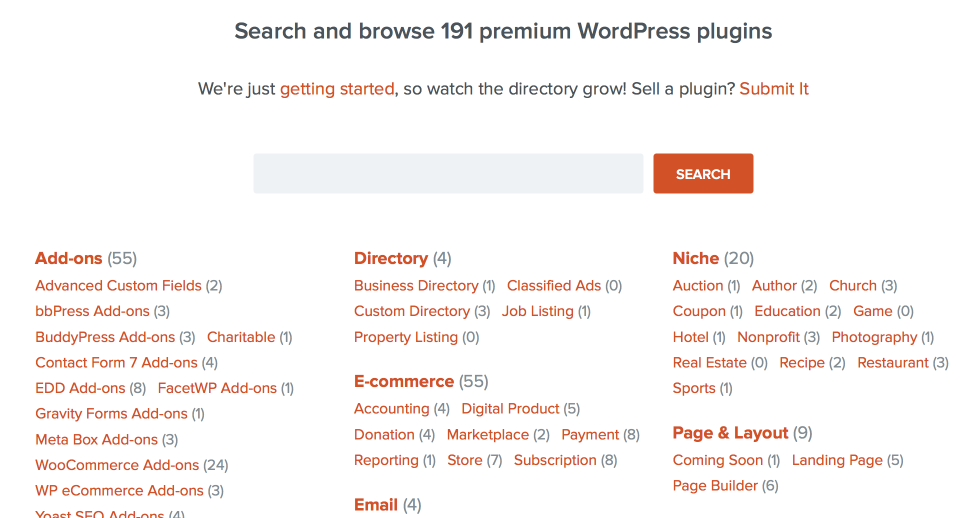Earlier this year Steven Gliebe, founder of Churchthemes.com, launched Pro Plugin Directory, a site that lists commercial WordPress plugins for a variety of categories including, forms, performance, and security. After accumulating more than 170 plugins in five months, Gliebe decided to sell the site in November citing a lack of time to devote to the project.
Charlie Livingston, founder of aThemes, is the new owner of Pro Plugin Directory. Livingston purchased the site because he believes in its potential. Gliebe received more than 20 offers to acquire the site but after the first one fell through, he chose Livingston’s offer. The terms and financial details of the deal are undisclosed.

Pro Plugin Directory will remain the same in the short-term as Livingston learns how the site works. However, he plans to add new features in addition to increasing marketing efforts, “I have a few ideas about what I can do to make PPD an even better resource as the aim is to make it the go-to place for commercial plugins,” he said.
Livingston is currently soliciting feedback on what features and enhancements you’d like to see made to the directory. Pro Plugin Directory is one of the few resources devoted to listing commercial WordPress plugins so it’s great to see the directory will live on with someone willing to spend the time and effort needed to maintain the site.
Great news, thanks!
Is the acquisition cost public, or do you have an estimate? on your previous article with GA data, it seems that the traffic stats shared is pretty standard..
Good joob to aThemes!